Premium address, budget price: why co-working spaces are in vogue now
Co-working spaces have become the word of the day for small and medium sized businesses
Smart thinking is enabling small companies to get office addresses as swank as Connaught Place, the seventh most expensive office destination in the world. All thanks to co-working spaces, where one company subleases office space to smaller entities.
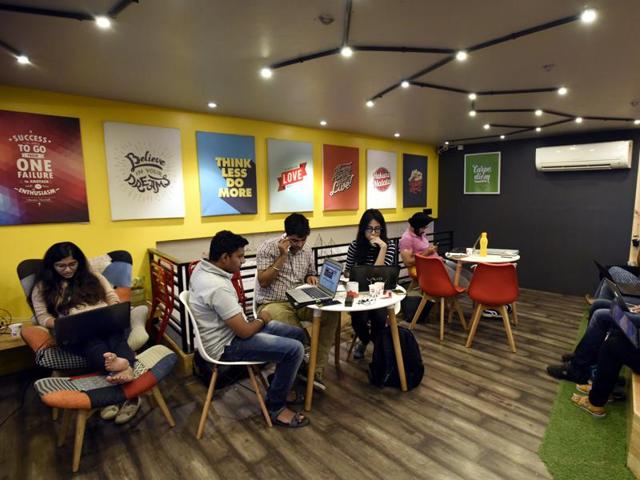
Companies seeking a foothold in the premium business district of Connaught Place at budget prices or requiring space for teams working on special projects, surplus staff or for business meetings, are sharing subleased offices with others. At their disposal are fully loaded, beautifully designed workspaces with uninterrupted Wi-Fi; basic technology platforms; tax, legal and HR consulting facilities; food and beverages; coffee vending machines and recreational zones. They don’t own the space but have access to premise maintenance; housekeeping; security; receptionist; office boys; secretarial support; common area maintenance; electricity; water and more.
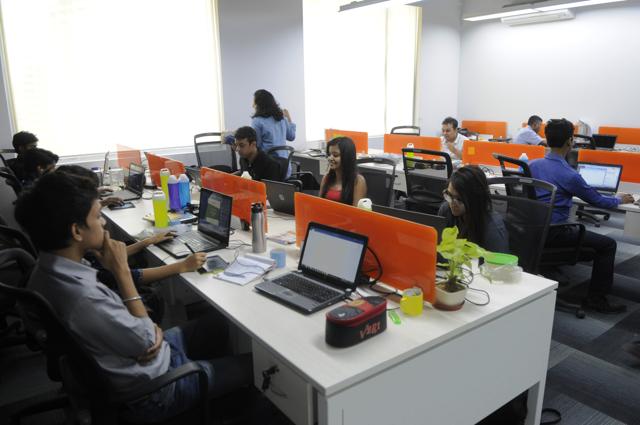
Many start-ups are now creating co-shared workspaces. “We sign long-term contracts with commercial spaces and convert them into thoughtfully carved out motivational and productive work environments, which are subleased to our members,” says Dr Ritesh Malik, cofounder CEO, Innov8, a startup with co-working spaces in Chandigarh and Delhi’s Connaught Place, which, according to property consultant CBRE has an annual occupancy cost of $147.71 (Rs10,000) per sq ft.
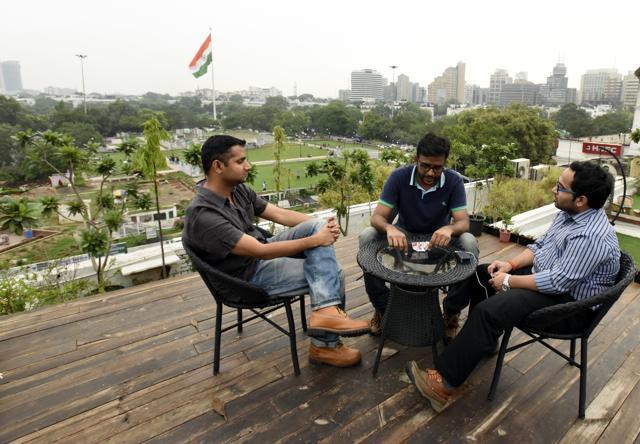
Employees in organisations which have booked space with Innov8 can come in at any time and work alongside people from other companies in the office which remains open for 24 hours. The maximum demand is during 12 pm to 7 pm. But this varies, SMEs and freelancers prefer starting their work early whereas startup entrepreneurs start their work around 12 pm to 1 pm and stay late until around 2 am. “No employees work at night, mostly the founders and the shareholders of companies burn the midnight oil. At night the number of members working is very less, maybe around 15 to 20, so there is undivided focus and productivity,” says Innov8’s Malik that has 228 members working out of their coworking spaces in Delhi and Chandigarh campuses.
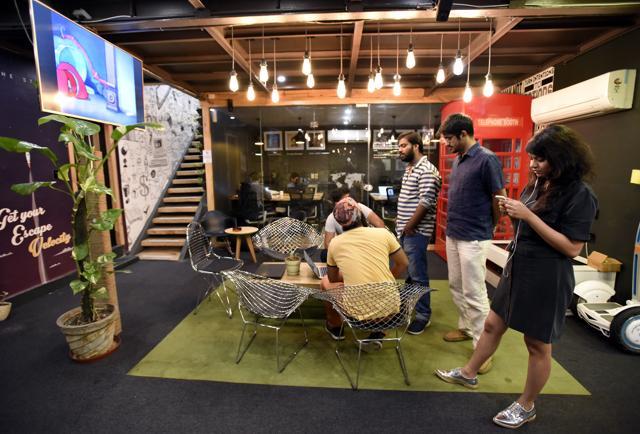
At these co-working spaces, companies can get dedicated desks (no one else can use them) and also private offices or business centres (where members have their dedicated soundproof cabins and office spaces). These co-working spaces are also equipped with meeting rooms, conference rooms, cafeteria, auditorium, interview cabins, and so on, that can be used by all the companies sharing the space, depending on availability of these spaces.
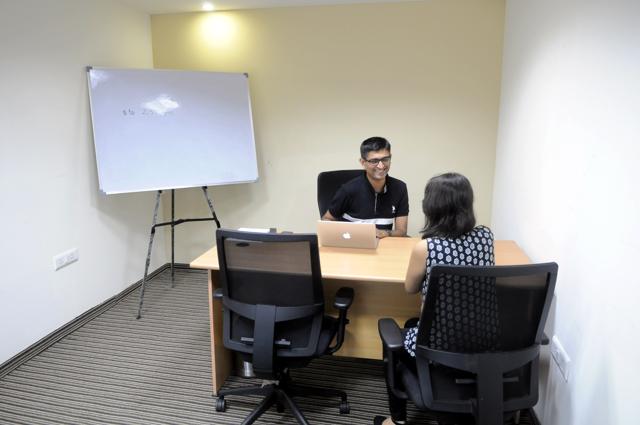
“There are no legal hassles, no headaches of maintenance, landlords and facility management of the offices. You have an office as and when you require with no strings attached,” says Malik. Innov8 is one of the three startups from India to be picked up by American seed accelerator Y Combinator in June 2016.
Co-working spaces have become the word of the day for small and medium sized businesses, freelancers (like photographers, IT Consultants and others), consultants, early stage and mature startups and remote teams for large corporations and MNCs.

One can get a desk for an employee at Rs 5,000 per month onwards at most of these co-working spaces in Delhi-NCR. The charges of meeting rooms start from Rs 199 per hour onwards, inclusive of all other services (like space, internet, basic, TV sets, projectors and beverages etc). Business centres are available from Rs 7,000 onwards depending on the location.
“A typical booking tenure ranges from six to nine months. However, many users, particularly startups do not like to lock in and renew their stay on a monthly basis. At InstaOffice, more than half of our users prefer to stay for more than six months,” says Vikas Lakhani, co-founder, InstaOffice, a co-working space provider that launched its first centre in February 2016 and already has over 75 clients on board.
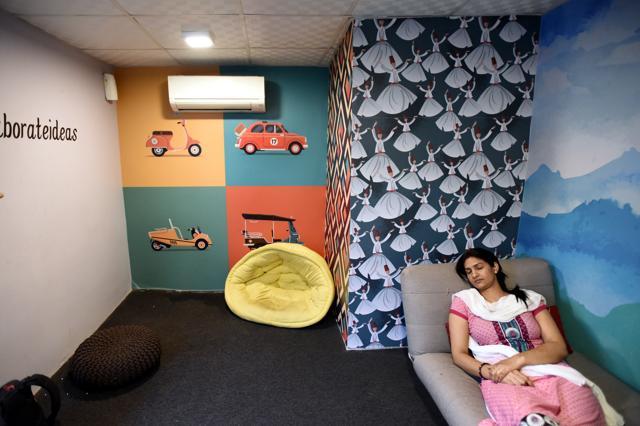
Co-working spaces are much more economically viable for organisations than buying or renting an office for three reasons - use of shared resources, optimal utilisation of office – ability to pay only for what one uses (scalability and flexibility) and the higher ability of these co-working space providers to negotiate favourable lease terms with the landlords due to the scale.
“There is a clear benefit of nearly 40% in leasing co-working space (depending on the scale and facilities offered) compared to taking a conventional lease for 10 people. If you were to also consider one-time setup costs, this benefit goes up to nearly 70%,” says Lakhani.

Landlords and service providers benefit too. Demand pattern for landlords earlier used to the traditional model of leasing their large properties to single clients for a number of years for a regular rental yield has become more dynamic with a very high churn rate. This can be seen in ever increasing vacancy rates in-spite of a strong underlying demand for offices.
“I have a commercial space of 3,300 square feet in Gurgaon which had been vacant for nearly 18 months. I partnered with InstaOffice to set up a business centre in my property and within four months only, InstaOffice has started to generate expected rents from the space. Additionally, just six months ago, when I had tried to sell my property, I had been offered a rate of Rs 6,000 per square feet. But now, given its occupied by InstaOffice and its generating market rent, I am being offered a rate of Rs 8,500 per square feet,” says K Govindarajan, a property owner.





